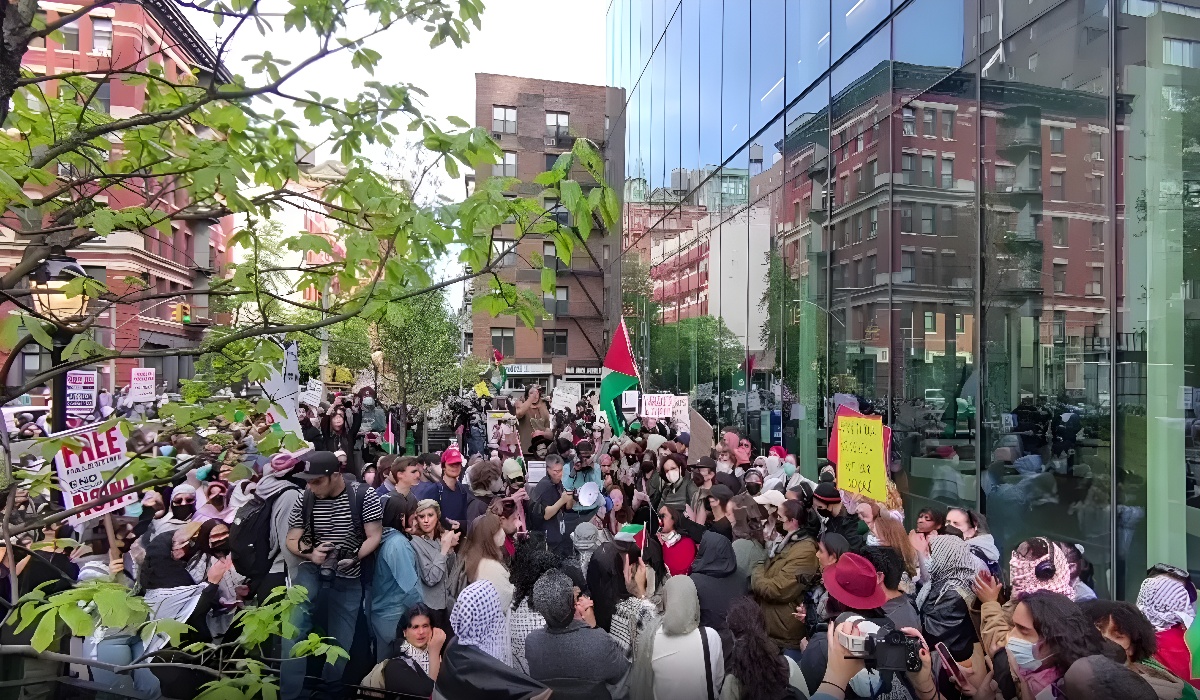The American Service-Members’ Protection Act (ASPA), also known pejoratively as the Hague Invasion Act, remains a fiercely debated piece of legislation in the annals of international law and US foreign policy. Enacted in 2002 under the George W. Bush administration, the ASPA aimed to shield US personnel and allies from the jurisdiction of the International Criminal Court (ICC). However, its provisions and implications triggered a firestorm of criticism, raising concerns about accountability, international cooperation, and the erosion of global justice mechanisms.
The ICC, established in 2002, is a permanent international tribunal tasked with prosecuting individuals for the most serious crimes of international concern: genocide, crimes against humanity, war crimes, and the crime of aggression. While 139 countries have ratified the ICC’s founding Rome Statute, the United States has been a notable holdout, citing concerns about potential politicization, unfair targeting of US personnel, and lack of due process guarantees.
The ASPA emerged as a stark manifestation of this US dissent. It established a series of measures designed to shield US citizens and allies from the ICC’s reach. These included:
Prohibition on cooperation: US courts, agencies, and officials were barred from cooperating with the ICC in any investigations or prosecutions.
Non-extradition: The US government was prohibited from extraditing US citizens or allies to the ICC.
Military intervention: The President was authorized to use “all means necessary and appropriate” to free US or allied personnel detained by the ICC.
The ASPA’s passage ignited a global outcry. Critics argued that it undermined the ICC’s legitimacy, hampered accountability for international crimes, and set a dangerous precedent for impunity. Specific concerns included:
Impeding justice: The ASPA’s restrictions on cooperation and extradition were seen as impeding the ICC’s ability to investigate and prosecute serious crimes, potentially shielding perpetrators from accountability.
Double standards: Critics argued that the ASPA created a system of double standards, where US personnel enjoyed immunity from the ICC while others faced its scrutiny. This raised concerns about fairness and equality before the law.
Undermining international cooperation: The Act’s provisions were seen as jeopardizing international cooperation on issues of justice and accountability, potentially hindering collaborative efforts to address human rights violations.
While the ASPA’s critics dubbed it the “Hague Invasion Act,” invoking fears of a US military assault on the ICC headquarters, such a scenario was highly unlikely. The Act’s language regarding “all means necessary” was interpreted by many as a diplomatic tool for pressuring states to release US personnel, potentially through sanctions or political maneuvering, rather than a literal call for military action.
The ASPA’s legacy remains a complex tapestry woven with threads of both legitimate concerns and political posturing. While its provisions undoubtedly raised serious concerns about accountability and international cooperation, it’s important to acknowledge the nuances within the debate.
US security concerns: The United States has a long history of expressing concerns about the potential for politicization and unfair targeting within international legal frameworks. The ASPA, in part, reflected these anxieties, seeking to safeguard US personnel from perceived threats to due process and impartiality.
Evolving landscape: The ICC itself has faced its own share of challenges and criticisms, including concerns about its effectiveness and fairness. The ongoing debate surrounding the ASPA needs to be viewed within the broader context of ongoing efforts to reform and strengthen the ICC.
Seeking common ground: Despite the initial acrimony, there have been efforts to find common ground between the US and the ICC. The Dodd Amendment, incorporated into the ASPA, allows for US cooperation with the ICC in certain cases, such as investigations into genocide, war crimes, and crimes against humanity.
This Act remains controversial, reflecting the complex interplay between national interests, international law, and the pursuit of justice. While its provisions raise legitimate concerns about accountability and international cooperation, understanding the context and acknowledging the ongoing dialogue surrounding the ICC is crucial for a nuanced perspective. Ultimately, the quest for a world free from impunity for heinous crimes requires a delicate balancing act between upholding national interests and ensuring international accountability, a challenge that both the US and the ICC must continue to grapple with.









